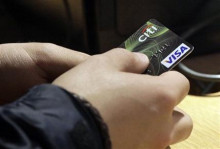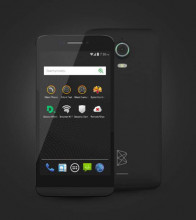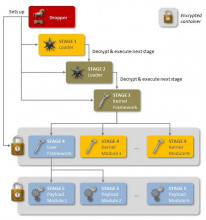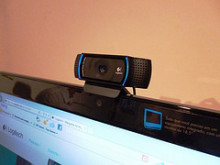'Anonymized' credit card data not so anonymous, study shows
Credit card data isn't quite as anonymous as promised, a new study says.
Scientists showed they can identify you with more than 90 percent accuracy by looking at just four purchases, three if the price is included - and this is after companies "anonymized" the transaction records, saying they wiped away names and other personal details. The study out of the Massachusetts Institute of Technology, published Thursday in the journal Science, examined three months of credit card records for 1.1 million people.













































































